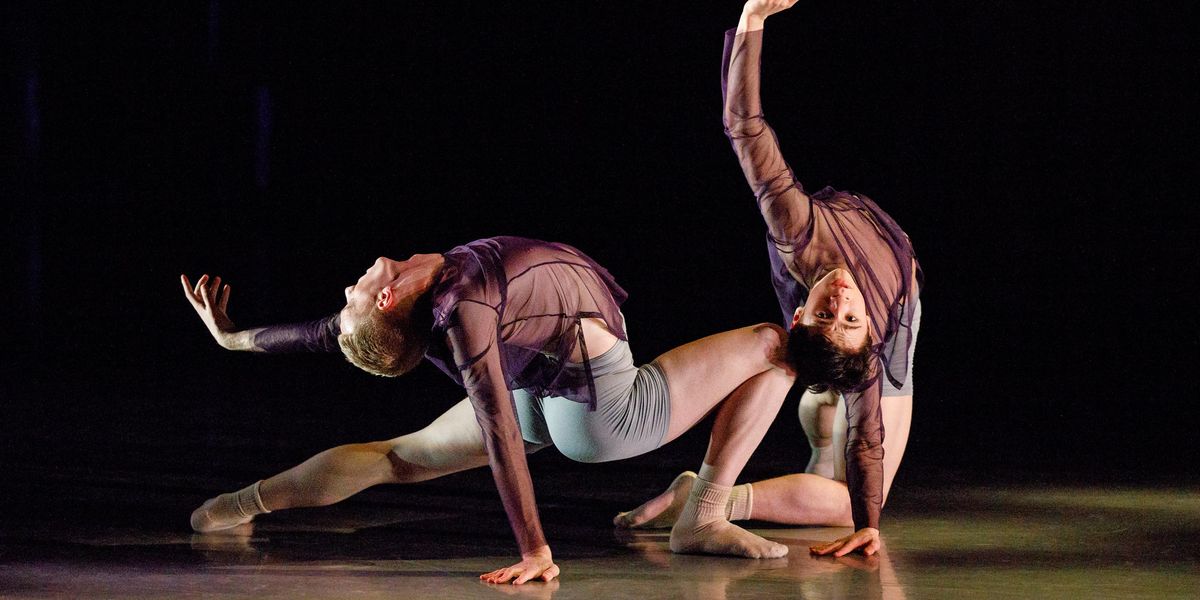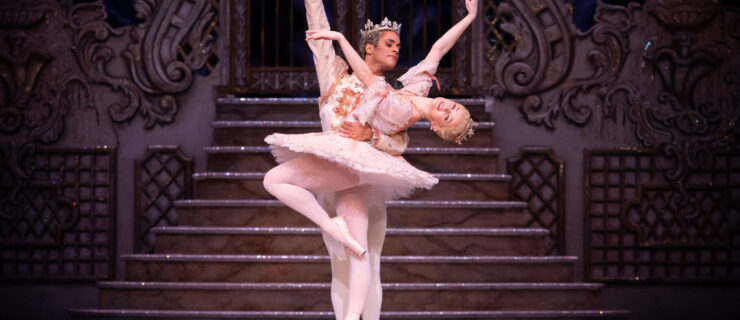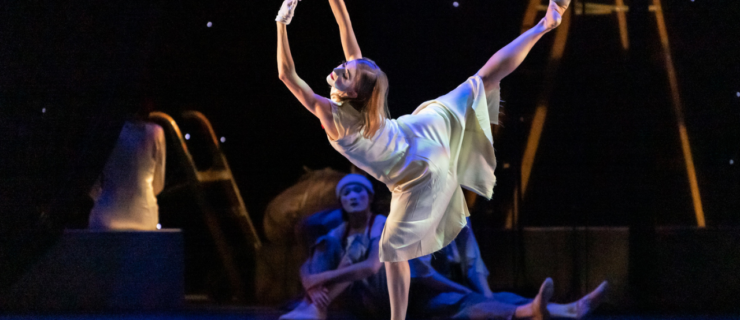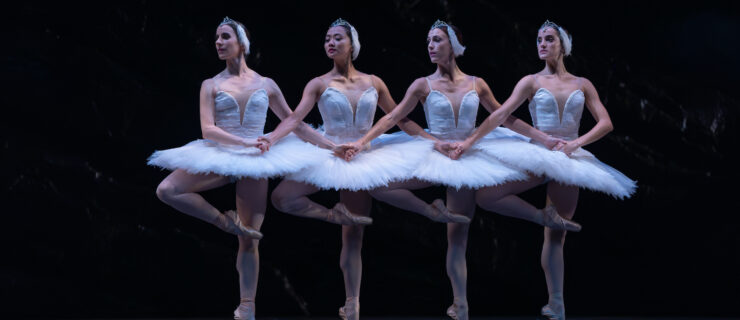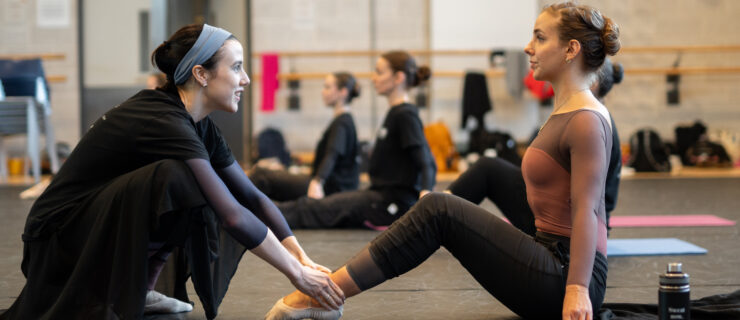Ballet Unleashed Aims to Connect Emerging Dancers From 11 Academies With Freelance Opportunities
To any pre-professional dancer vying for a company position, auditions are a familiar and often dreaded scene: Hundreds of hopeful young graduates flock to an audition site, pin a paper number to their dance clothes and try their luck. But only a few will receive full-time contracts with companies—the rest will go home disappointed, potentially facing a gap year as they try to figure out next steps.
Mavis Staines, artistic director and CEO of Canada’s National Ballet School, became frustrated with this flawed system years ago. Why were so many talented dancers not being rewarded with work opportunities? And why was the only acceptable form of work a full-season contract, when in the music and theater industries, project-based employment was a legitimized way to build careers?

Staines thought some dancers could be better suited to a freelance model, with its mobility, flexibility and versatility. But exploring new options wasn’t just about convincing dancers that project-based work was worthwhile; it also meant convincing ballet schools to rethink their perspectives. “Our art form is so invested in tradition, so it can be really hard to make systemic changes,” Staines says. She had her work cut out for her.
Luckily, the pandemic paved the way to realizing Staines’ dream of developing a network of quality, project-based opportunities for dancers at the start of their careers. “I felt that instead of giving in to despair for how COVID has affected our work, we could create new pathways,” she says. After hearing her idea, Ernst Meisner, artistic director of Dutch National Ballet Academy, and professor Jason Beechey, rector of the Palucca University of Dance Dresden, jumped on board. Then, they set to work engaging other schools to take part. The result is a new organization called Ballet Unleashed.

Here’s how it currently works: Recent graduates from 11 participating schools—the three mentioned, plus The Ailey School, Australian Ballet School, Paris Opéra Ballet School, Boston Ballet School, New Zealand School of Dance, San Francisco Ballet School, The Royal Ballet School and The Royal Danish Ballet School—can apply and audition for short-term, project-based performance opportunities. Selected dancers will sign contracts for paid employment during the projects, which will generally run for three to five months. While providing valuable audition and performance experience for emerging artists, these collaborations have the potential to foster connections with choreographers and other dancers, which will serve them throughout their careers, no matter what directions those careers take.
Things are starting off strong this spring: The first project is Switchback, a film for six dancers (plus two understudies) by choreographer Cathy Marston, who co-directed the film with producer and co-director Lauren Finerman to original music by Iain Farrington. Recently, Marston has been exploring how ballet training can embrace contemporary dance and improvisational work, and she’s looking forward to seeing how emerging dancers take on the challenge. “I love the ‘sponginess’ of new dancers,” Marston explains. “They tend to want to try things, although sometimes you have to help them find confidence.” Marston is also optimistic about choreographing for film, a medium she’s worked with before: “I think we’ve discovered that we can create virtual works that can complement our live programs and potentially reach a far greater audience,” she says.
Staines acknowledges that there’s room for growth. She hopes to eventually increase Ballet Unleashed’s budget to pay participants’ travel costs, and to have multiple projects running at once in different locations. Further plans are being drawn for a choreographic mentorship program in 2022 between emerging and established dancemakers. Finally, Staines imagines a future where Ballet Unleashed can be opened to young dancers beyond the 11 participant schools. “We’re starting at a scale we can manage, with a defined circle of schools,” she says, “but I see boundless potential.”
